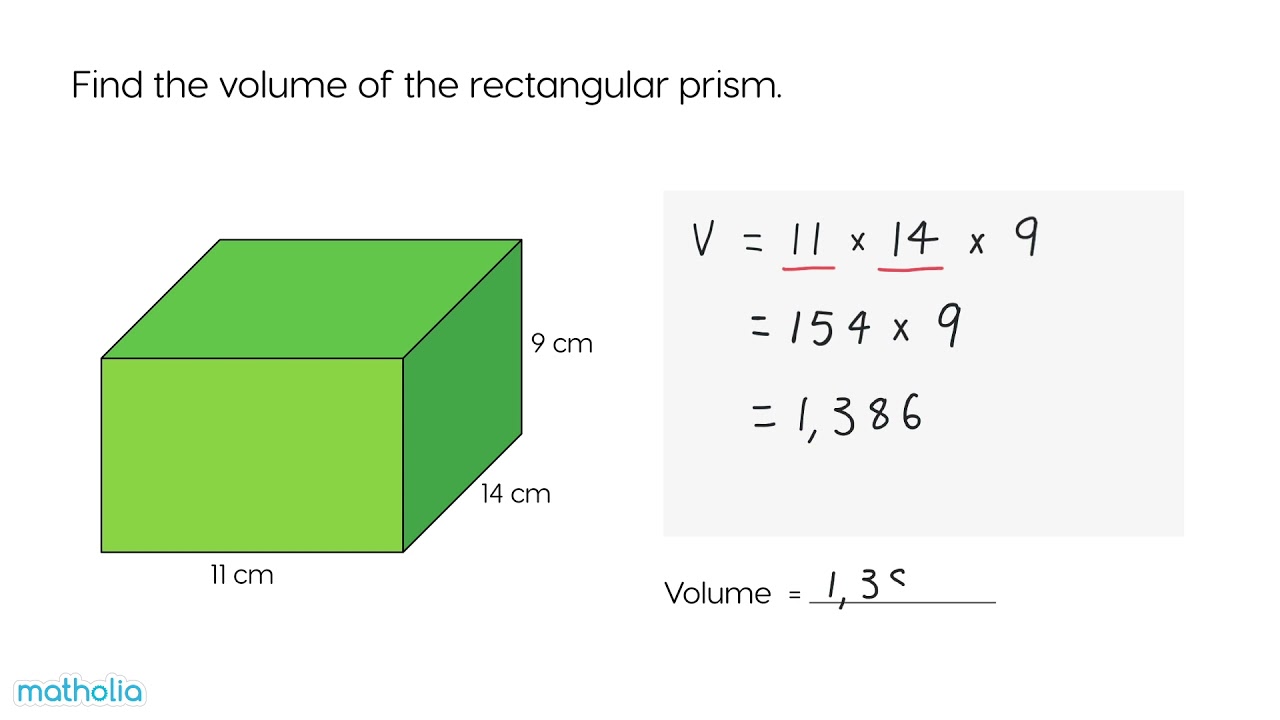Best 5 Options for Replacing a Water Heater in 2025
As homeowners become more aware of their energy consumption and seek to improve home efficiency, water heater replacement options have evolved significantly by 2025. The importance of selecting the right water heater cannot be overstated, especially considering the water heater replacement cost, installation fees, and long-term operational expenses. This article aims to help you navigate your choices by discussing five leading options for water heater replacement.
We'll focus on comparing traditional tank water heaters to modern alternatives like tankless units and solar water heaters. We'll also delve into considerations like energy efficiency, average water heater price, and budgeting for installation. By the end of this article, you will be equipped with the necessary information to make an informed decision that best meets your needs and household budget.
Let’s explore the best options available to replace your water heater in 2025.
Choosing the Right Water Heater: Factors to Consider
When exploring water heater options, it’s crucial to evaluate various factors that affect water heater installation fees and long-term costs. These factors include the heater type, energy efficiency, and capacity. Understanding these components can help you budget appropriately and avoid unexpected expenses.
1. Traditional Tank Water Heaters
Traditional tank water heaters are still popular due to their reliability and performance. The typical average water heater price for these units ranges from $300 to $800, excluding installation costs.
However, the cost to install a water heater often includes labor charges, which can fluctuate between service providers. Typically, homeowners should expect to pay around $120 to $200 in water heater labor charges, depending on their location and the specific plumbing requirements.
Advantages include lower initial costs and ease of replacement. On the downside, these units can lead to higher energy bills, particularly if they're not energy-efficient. For families, understanding water heater maintenance costs is essential to assess the long-term viability of this option.
2. Tankless Water Heaters: An Efficient Alternative
Tankless water heaters are gaining popularity for their energy-saving capabilities. Unlike traditional models, these heaters provide hot water on demand, eliminating the need for a reservoir. The tankless water heater cost is generally higher, with prices ranging from $800 to $1,500.
This upfront investment can prove worthwhile, as users often enjoy lower operational costs. While the average installation cost for a water heater installation can be around $1,000, these units can lead to significant savings over time due to their energy-efficient design.
Additionally, consider the impact of local climate on heater efficiency; tankless heaters perform optimally in warm climates, while colder areas may see varying operational effectiveness.
3. Solar Water Heaters: Sustainability Meets Savings
For environmentally conscious homeowners, solar water heaters offer an appealing solution. These systems use solar energy to heat water and can yield substantial savings on energy bills. The installation often runs between $3,000 and $5,000 but can qualify for various incentives, including rebates for energy-efficient heaters.
Additionally, the cost to replace an old water heater with a solar system may be amortized over its lifespan, which is often longer than traditional heaters. Though the initial expense is considerable, the long-term benefits and sustainability aspects are powerful factors driving their adoption.
4. Heat Pump Water Heaters: Harnessing the Environment
Heat pump water heaters pull heat from the environment to warm water, making them highly efficient. These units can cut energy use significantly, reducing average water heater pricing by as much as 50% compared to conventional models. The installation prices can range from $1,200 to $3,000.
Like solar systems, heat pumps have a higher upfront cost but are ideal for eco-conscious homeowners willing to invest in their long-term energy savings. Remember to account for the hidden costs of water heaters; think about maintenance, potential repairs, and even the impact on home resale value.
5. Hybrid Water Heaters: Combining Efficiency Options
Hybrid water heaters blend the benefits of heat pump technology with traditional water heater designs. They can adjust heating methods based on usage patterns, offering versatility, making them attractive options for households looking for hybrid solutions.
The cost of installation for a hybrid water heater starts at around $2,000, with some more advanced systems costing up to $4,000. However, with their ability to reduce energy consumption drastically, they often provide cost-effective performance over time.
Understanding Installation Costs and Fees
When planning a water heater replacement, understanding the water heater installation quotes and water heater removal costs can aid in effective budgeting. Be prepared for additional fees that might not be evident at first glance.
Common Fees Associated with Installation
Many factors can influence the overall price of your water heater replacement, from the complexity of installation to local codes affecting installations. Depending on local water heater costs, additional fees for permits or labor may arise.
It's advisable to conduct research and obtain multiple quotes for competitive comparisons before hiring a plumber for a water heater. This helps ensure that you'll receive transparent pricing and quality service.
Energy-Efficiency Considerations
Analyzing energy efficiency ratings of water heaters can help you make an informed choice. Consider options like hybrid or tankless heaters, which might have higher upfront costs but yield significant long-term savings. They often qualify for energy assistance programs and rebates.
Conclusion
Choosing the right water heater involves understanding various models, their pricing structures, maintenance costs, and installation considerations. We’ve discussed five leading options available in 2025, providing insights based on cost, energy efficiency, and installation processes.
Determining the best choice for your needs ultimately involves assessing your household's requirements and budget. Always consult with professionals for personalized estimates and recommendations. Whether you opt for a conventional tank system or explore newer technologies like tankless or solar water heaters, making an informed choice can lead to improved efficiency and savings in the long run.
 example.com/image2.png
example.com/image2.png
 example.com/image3.png
example.com/image3.png 